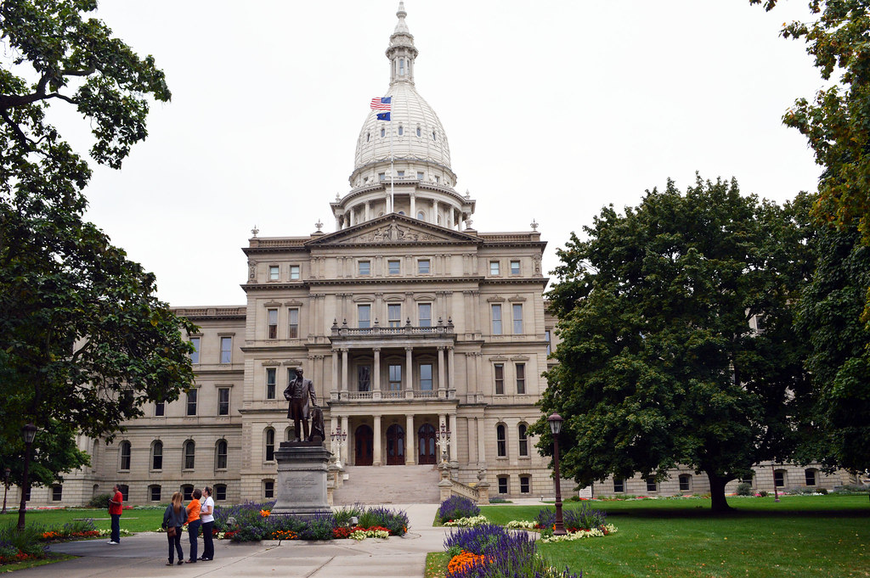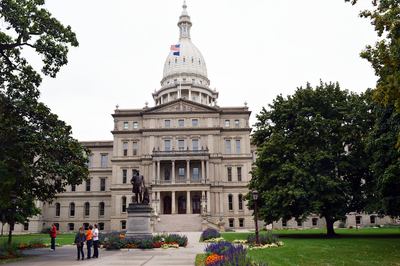

A bill that would authorize the Michigan Gaming Control Board (MGCB) to allow interstate online poker in Michigan was approved by the full Senate earlier this month and now sits in committee in the House. And though the lawmakers return to work on Tuesday in the state capital, few in-session days remain before the House adjourns for the year.
SB 991 seeks to amend Michigan’s Lawful Internet Gaming Act to give state gaming regulators the power to enter into an agreements with other jurisdictions for the purpose of allowing online poker players in the state to compete against online poker players in other states that have approved the activity once the Michigan online poker market opens later this year.
State senators passed SB 991 on October 1 by a margin of 36 to 1 with one senator excused from the vote. The bill was then introduced to the House and referred to the Committee on Regulatory Reform where it currently resides.
Although the House is scheduled to reconvene on Tuesday October 13, SB 991 does not currently appear on the official House calendar, leaving just one other day that the House will be in session this month (October 21).
In fact, the Michigan House of Representatives has only 15 in-session days remaining before it adjourns for the year. And if the bill does not pass a vote of the full House (which would send it to Governor Whitmer to be signed into law) before the end of the 2020 session, lawmakers would need to start the whole process over as only bills “pending at the final adjournment of a regular session held in an odd numbered year shall carry over with the same status to the next regular session,” according to the state constitution.
Currently, interstate online poker in the US is made possible by the MultiState Internet Gaming Agreement which allows online poker operators in the states of Nevada, New Jersey and Delaware to combine their customers in those states – permitting them to play at the same online poker cash games and tournaments.
The state of Pennsylvania has also legalized online poker, but for now, attacks on The Interstate Wire Act of 1961 by the Trump administration has caused state gaming regulators to delay any consideration of joining the other states in allowing cross-border liquidity sharing.
It is important to note that if efforts to reinterpret the Wire Act are successful, all multijurisdictional online poker in the US could be in jeopardy.
What Changes Would SB 991 Make to Michigan Online Gambling?
The changes proposed to the Michigan Lawful Internet Gaming Act in SB 991 allow for cross-border liquidity sharing for online poker only, and the power to enter into an agreement with other jurisdictions is entrusted to the MGCB.
Specifically, the bill states:
The board may enter into agreements with other jurisdictions, including Indian tribes, to facilitate, administer, and regulate multijurisdictional internet gaming for poker by internet gaming operators to the extent that entering into the agreement is consistent with state and federal laws and if the internet gaming under the agreement is conducted only in the United States.
In addition, SB 991 seeks to add a previously omitted definition for what constitutes poker. The bill would add the following definition of poker to the state’s internet gaming law:
“Poker” means the traditional game of poker, and any derivative of the game of poker as approved by the board, in which 2 or more authorized participants play against each other and wager on the value of the cards in the authorized participants’ hands.
If enacted into law, the MGCB would have the authority to determine what is or is not considered poker, as long as the game has two or more players.

